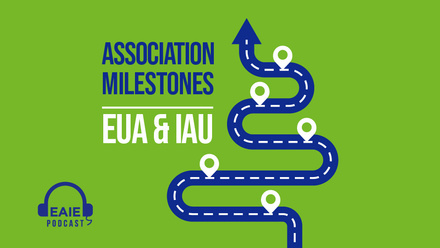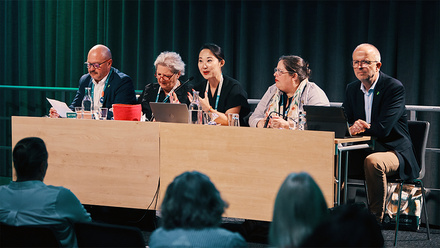Research Snapshot: Language policies at work

Facilitating or compromising inclusion? Language policies at Swedish higher education institutions as workplaces
Publication date: 06 February 2024
The research was conducted by Hyeseung Jeong (Dalarna University) and Stephanie Lindemann (Georgia State University). They analysed 21 language policy documents from Swedish higher education institutions to investigate how these policies address inclusion in linguistically diverse workplaces. Their aim was to understand whether language policies facilitate or compromise workplace inclusion, particularly for international staff. Using a critical approach grounded in diversity management and language policy theory, they examined how language choice, requirements, and support impact employees' ability to participate in work activities. Their findings suggest that many policies, by reinforcing monolingual norms, unintentionally hinder inclusion rather than promote it.
This research highlights how language policies can unintentionally exclude staff in multilingual workplaces, offering valuable insights for creating more inclusive, equitable environments in globalised higher education
Key findings from the research:
- Language policies at higher education institutions as internationalised workplaces can unintentionally undermine workplace inclusion. By requiring high proficiency in both national language and English, these policies frequently exclude international staff from fully participating in administrative tasks, decision-making processes, and informal communication. This dual monolingual approach reinforces language-based in-groups and out-groups, limiting diversity and equity in academic workplaces.
- Flexible, bottom-up language practices are more likely to foster inclusion. Policies that support multilingual communication, provide immediate language support, and allow employees to negotiate language use in real time enable greater participation across linguistic backgrounds. Encouraging translanguaging and mutual understanding, rather than enforcing uniform language use, helps build a more collaborative and inclusive environment.
- Ultimately, the research highlights the value of prioritising successful communication over inflexible language requirements. For international higher education professionals, this means rethinking how language policies are framed and implemented. By focusing on communicative effectiveness and supporting diverse linguistic repertoires, institutions can better promote inclusion, improve workplace dynamics, and empower all staff members to contribute fully, regardless of their first language.








